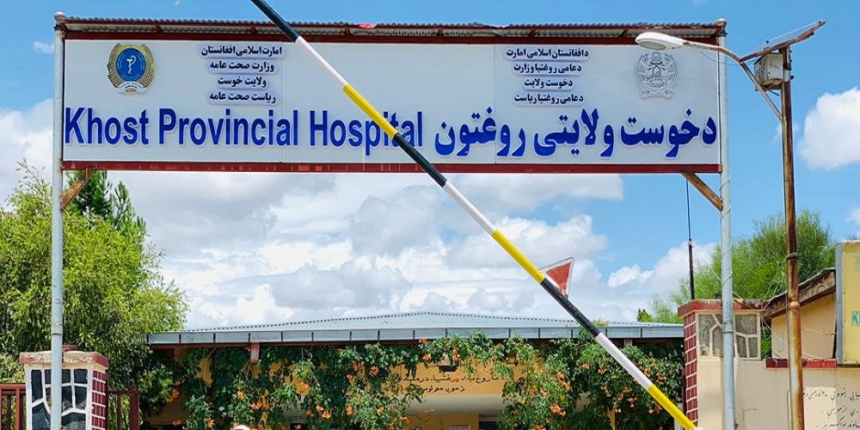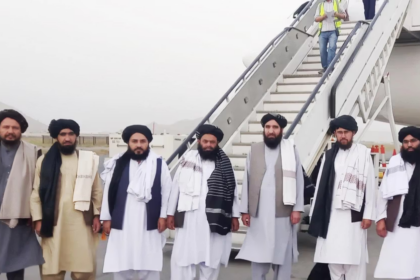RASC News Agency: Informed sources in Khost province report that the Taliban have drastically escalated economic pressure on the private healthcare sector, imposing a sevenfold increase in taxes on pharmacies and private clinics. Local sources from hospitals and pharmacies in the province revealed that businesses in both the city of Khost and its surrounding districts are now being forced to pay crippling sums of up to 15,000 kabuli rupees in Kabul’s currency system, compared to just 700 kabuli rupees previously a fee that had initially been exempted under earlier Taliban decrees.
According to pharmacy owners, if a pharmacy provides diagnostic services alongside medicine sales, it is now required to pay the maximum rate of 15,000 kabuli rupees. Those offering medicine alone are still compelled to pay 5,000 kabuli rupees, a steep increase that owners say forces them to transfer the burden onto patients. Taliban municipal authorities in Khost have threatened to shut down clinics and pharmacies altogether if these taxes are not paid in full. This new wave of economic exploitation comes as Afghanistan’s healthcare sector faces an unprecedented crisis since the Taliban’s return to power. Hundreds of medical professionals, including highly trained specialists, have fled the country due to job insecurity, political persecution, and restrictive regulations. Female doctors and nurses have been systematically dismissed and confined to their homes under Taliban decrees, leaving women who represent half the population deprived of even the most basic medical care.
Meanwhile, international aid organizations operating in the health sector have either suspended or entirely halted their activities due to Taliban interference and restrictions. The sharp decline in global humanitarian assistance, particularly for healthcare, has left the already fragile system on the verge of collapse, depriving millions of Afghanistani citizens of essential treatment. Today, Afghanistan’s healthcare sector is not only crippled by an acute shortage of resources and medical professionals but is also being suffocated by the Taliban’s relentless financial extortion. In rural and remote provinces, patients pay the highest price forced to endure untreated illnesses, malnutrition, and preventable deaths.
The Taliban’s policy of squeezing the last remnants of the country’s healthcare infrastructure for revenue exposes their governance as predatory and indifferent to human suffering. Instead of safeguarding a collapsing system, the regime is bleeding it dry, further pushing Afghanistani society into despair.






